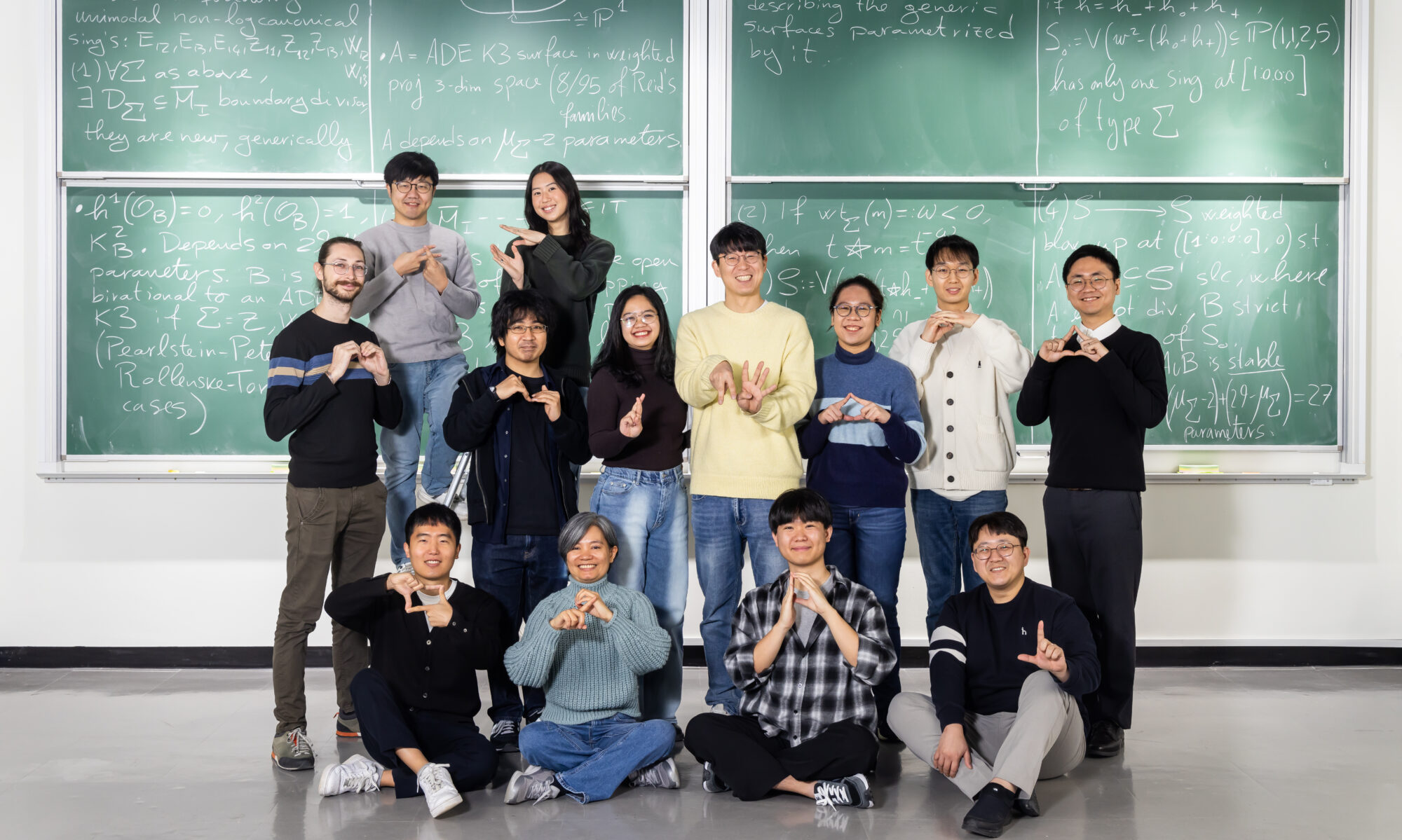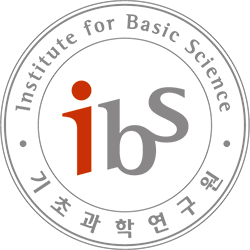
- This event has passed.
CARE as a wearable derived feature linking circadian amplitude to human cognitive functions – Dongju Lim
January 10, 2025 @ 2:00 pm - 4:00 pm KST
Daejeon, Daejeon 34126 Korea, Republic of
In this talk, we discuss the paper “CARE as a wearable derived feature linking circadian amplitude to human cognitive functions” by Shuya Cui et.al., npj Digital Medicine, 2023.
Abstract
Circadian rhythms are crucial for regulating physiological and behavioral processes. Pineal hormone melatonin is often used to measure circadian amplitude but its collection is costly and time-consuming. Wearable activity data are promising alternative, but the most commonly used measure, relative amplitude, is subject to behavioral masking. In this study, we firstly derive a feature named circadian activity rhythm energy (CARE) to better characterize circadian amplitude and validate CARE by correlating it with melatonin amplitude (Pearson’s r = 0.46, P = 0.007) among 33 healthy participants. Then we investigate its association with cognitive functions in an adolescent dataset (Chinese SCHEDULE-A, n = 1703) and an adult dataset (UK Biobank, n = 92,202), and find that CARE is significantly associated with Global Executive Composite (β = 30.86, P = 0.016) in adolescents, and reasoning ability, short-term memory, and prospective memory (OR = 0.01, 3.42, and 11.47 respectively, all P < 0.001) in adults. Finally, we identify one genetic locus with 126 CARE-associated SNPs using the genome-wide association study, of which 109 variants are used as instrumental variables in the Mendelian Randomization analysis, and the results show a significant causal effect of CARE on reasoning ability, short-term memory, and prospective memory (β = -59.91, 7.94, and 16.85 respectively, all P < 0.0001). The present study suggests that CARE is an effective wearable-based metric of circadian amplitude with a strong genetic basis and clinical significance, and its adoption can facilitate future circadian studies and potential intervention strategies to improve circadian rhythms and cognitive functions.

